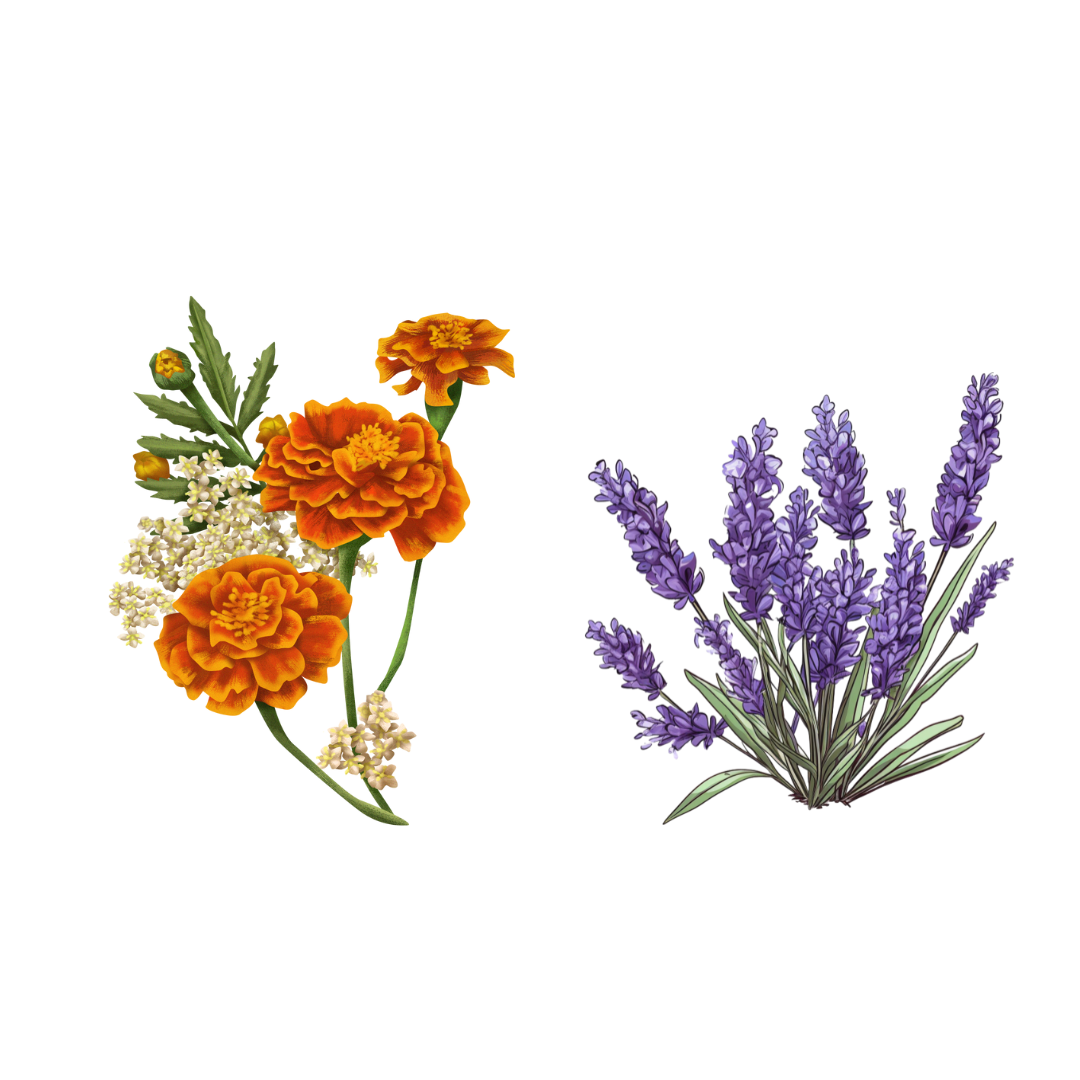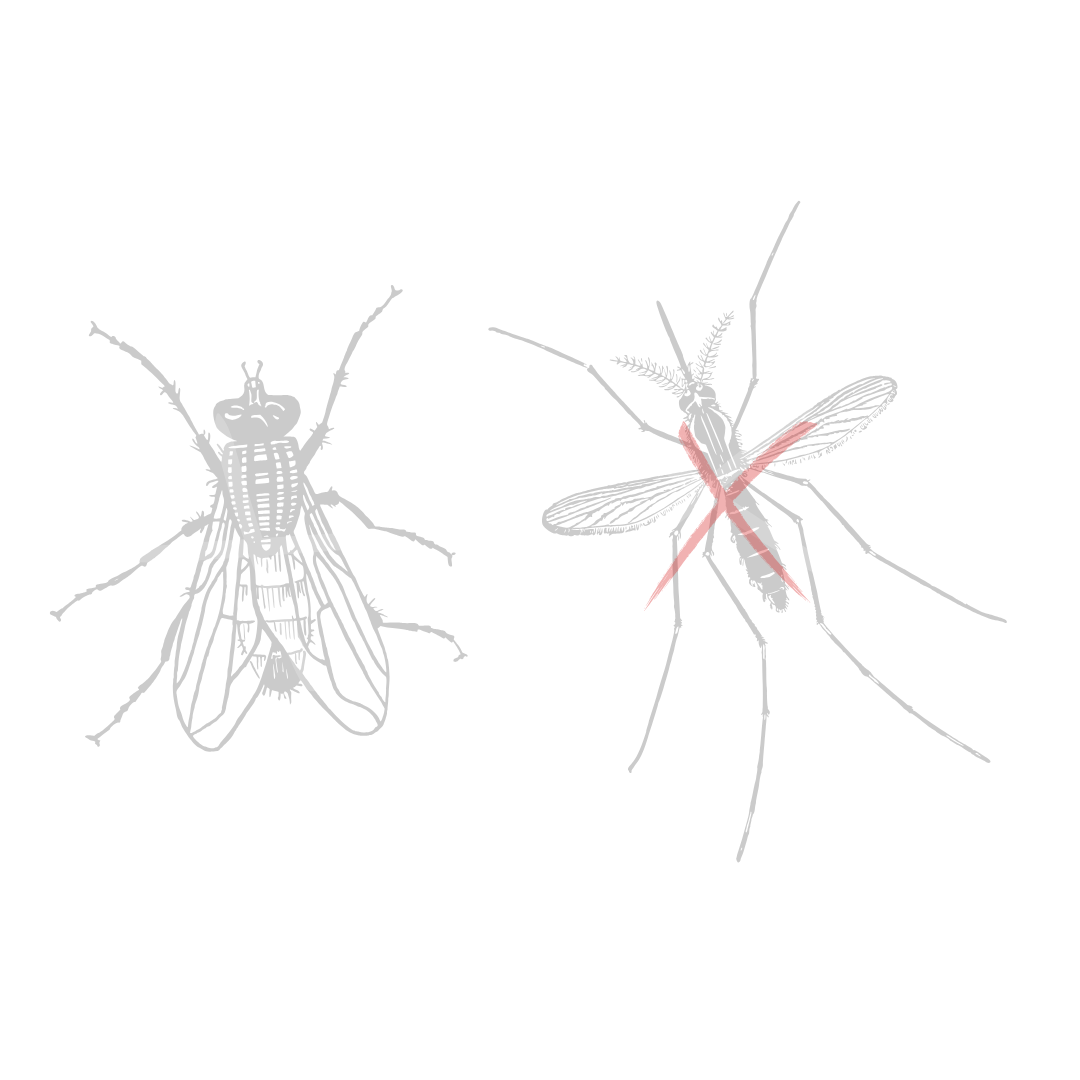Pests can be a big problem for farmers, damaging crops and lowering yields. While chemical pesticides are often used to fight pests, they can harm the environment and our health. Organic pest control is a safer and more sustainable option. It uses natural methods, like beneficial insects and plant-based sprays, to manage pests without the negative effects of chemicals.
1. Understanding Organic Pest Control
Organic pest control refers to the use of natural methods and substances to manage and prevent pest problems.
Unlike conventional chemical pesticides, organic methods focus on maintaining a balanced ecosystem where beneficial insects, plants, and microorganisms work together to keep pest populations in check.

This approach not only protects your crops but also promotes biodiversity and soil health.
2. The Benefits of Organic Pest Control
There are several advantages to choosing organic pest control over chemical alternatives:
- Environmental Safety: Organic methods minimize the impact on the environment, reducing the risk of water contamination, soil degradation, and harm to non-target species.
- Human Health: By avoiding synthetic chemicals, organic pest control reduces the risk of exposure to harmful substances for farmers, farmworkers, and consumers.
- Sustainability: Organic practices promote long-term soil fertility and crop health, contributing to a more sustainable farming system.
- Pest Resistance Management: Pests can develop resistance to chemical pesticides, making them less effective over time. Organic methods, however, rely on diverse strategies that are less likely to lead to resistance.
3. Common Organic Pest Control Methods
a. Companion Planting
Companion planting is a strategy where certain plants are grown together to deter pests or attract beneficial insects.

For example, marigolds can be planted alongside tomatoes to repel nematodes, while basil can help deter aphids from affecting nearby crops. This method creates a natural pest barrier and enhances crop diversity.
b. Beneficial Insects
Introducing beneficial insects to your farm can be a powerful tool for organic pest control. Predatory insects like ladybugs, lacewings, and parasitic wasps feed on common pests such as aphids, caterpillars, and whiteflies.
By fostering an environment that attracts these beneficial insects, you can reduce pest populations naturally.
c. Neem Oil
Neem oil, derived from the neem tree, is a versatile organic pesticide that is effective against a wide range of pests, including aphids, mites, and caterpillars.

It works by disrupting the life cycle of insects, preventing them from feeding and reproducing. Neem oil is biodegradable and safe for beneficial insects when used correctly.
d. Diatomaceous Earth
Diatomaceous earth is a natural powder made from the fossilized remains of diatoms, a type of algae. It works by damaging the exoskeletons of insects, causing them to dehydrate and die. Diatomaceous earth is effective against crawling insects like ants, slugs, and beetles, making it a valuable tool in organic farming.
e. Garlic and Pepper Sprays
Homemade sprays made from garlic, chili peppers, or other pungent ingredients can act as natural insect repellents. These sprays are particularly effective against soft-bodied insects like aphids and caterpillars. They work by overwhelming the pest’s senses, making your crops less appealing as a food source.
4. Organic Pest Control for Specific Farm Problems
a. Aphids
Aphids are small, soft-bodied insects that feed on plant sap, weakening plants and spreading diseases. To control aphids organically, you can:
- Introduce ladybugs: Ladybugs are natural predators of aphids and can significantly reduce their numbers.
- Use neem oil: Spraying neem oil on affected plants disrupts the aphids’ life cycle.
- Apply insecticidal soap: Insecticidal soap, made from natural ingredients, suffocates aphids without harming beneficial insects.
b. Caterpillars
Caterpillars, including the notorious cabbage worm and tomato hornworm, can cause significant damage to crops. Organic control methods include:
- Handpicking: Regularly inspecting your plants and removing caterpillars by hand is a simple and effective method.
- Encouraging birds: Birds are natural predators of caterpillars. Installing bird feeders or birdhouses can attract them to your farm.
c. Slugs and Snails
Slugs and snails are common pests in moist environments, feeding on leaves and stems. Organic solutions include:
- Copper barriers: Copper tape or mesh placed around plants creates a barrier that slugs and snails avoid.
- Beer traps: Burying shallow containers filled with beer near affected plants attracts and traps slugs.
- Diatomaceous earth: Sprinkling diatomaceous earth around plants creates a rough surface that slugs and snails find difficult to cross.
d. Whiteflies
Whiteflies are small, winged insects that suck sap from plants, leading to stunted growth and reduced yields. Organic control methods include:

- Yellow sticky traps: Whiteflies are attracted to yellow, and sticky traps can help reduce their numbers.
- Neem oil: Neem oil disrupts the whiteflies’ ability to feed and reproduce.
- Companion planting: Planting nasturtiums or marigolds can help repel whiteflies from nearby crops.
5. Integrated Pest Management (IPM) in Organic Farming

Integrated Pest Management (IPM) is a holistic approach that combines multiple organic pest control methods to manage pests sustainably. IPM emphasizes:
- Monitoring: Regularly inspecting crops for signs of pests allows you to address problems early before they become severe.
- Prevention: Implementing practices like crop rotation, soil health management, and habitat enhancement reduces the likelihood of pest outbreaks.
- Control: When pests are detected, IPM encourages the use of organic control methods, starting with the least disruptive options.
6. Challenges of Organic Pest Control
While organic pest control offers numerous benefits, it also presents certain challenges:

- Time and Effort: Organic methods often require more time and labor, such as regular monitoring and manual removal of pests.
- Lower Efficacy: Organic pesticides may be less effective than their chemical counterparts, requiring more frequent applications.
- Cost: Some organic products, like neem oil or beneficial insects, can be more expensive than conventional pesticides.
However, these challenges are often outweighed by the long-term benefits of organic farming, including healthier crops, improved soil quality, and reduced environmental impact.
Conclusion:
Organic pest control is a vital component of sustainable farming. By using natural solutions, farmers can protect their crops while preserving the health of their soil, environment, and communities.
While the transition to organic methods may require more effort and investment, the long-term rewards—healthier produce, resilient ecosystems, and a safer planet—are well worth it.
As more farmers embrace organic practices, we move closer to a future where agriculture is both productive and sustainable.

